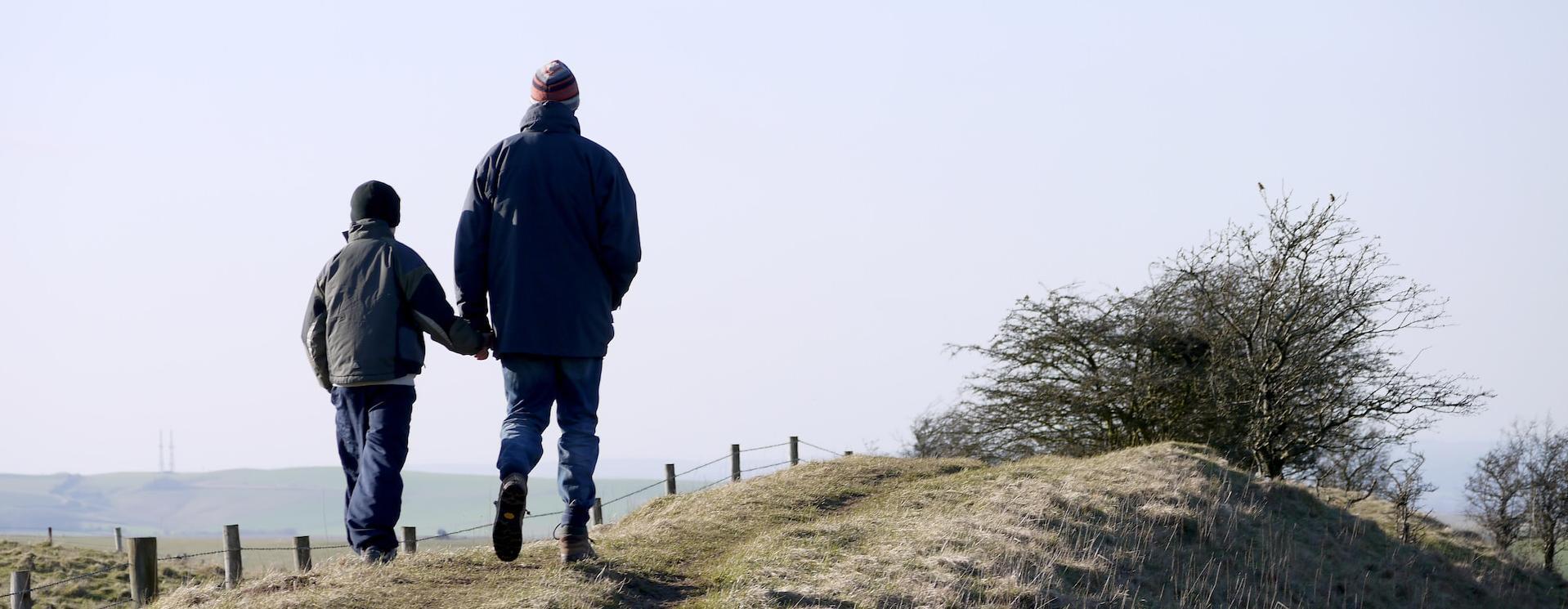January webinar: Moral injury and families

All welcome at this webinar taking place on Monday 29 January 2024 at 7pm GMT | 2pm EST.
One of the reasons that moral injury is difficult to define and categorise is that it is not an individual problem, but one that resonates throughout groups, societies and cultures and is made most visible in the suffering of those closest to the ‘front lines’ of military, healthcare and law enforcement policies. Yet in Jonathan Shay’s terms, moral injury’s effects – the distortion of character and the loss of social trust – are so fundamental to our understanding of ourselves and our place in the world that they affect our close relationships in profound ways. What are the ‘second-order’ effects of moral injury for the children of those who return from warfare struggling with a sense of who they are? How does moral injury affect our relationships with our spouse or partner?
In this webinar, we will highlight and lift up the ways that moral injury affects the families of military members – the people closest to those who experience the struggles of moral injury in the most intimate family dynamics.
For this conversation we will be joined by Leo Quinlan, Marty O'Connor and Michael Lyons:
Leo Quinlan is a former Commandant in the Irish Army and son of Colonel Pat Quinlan who, as a Commandant, led the Irish troops in the siege of Jadotville in the Congo in 1961. Serving as part of the UN peacekeeping force, Pat Quinlan's company of 155 troops was forced to repel an attack from a well-armed paramilitary group of more than 3,000 Katangese troops led by mercenaries from Belgium, France and Rhodesia. The battle lasted for five days before the Irish company – under the terms of a ceasefire – became prisoners of war. Five Irish soldiers were wounded in the battle while the enemy force had 300 dead and 750 wounded. For many years the battle was not publicly acknowledged in Ireland as anything triggering an investigation into the decision-making of the higher UN and military authorities risked tarnishing the reputation of the UN and the Irish Army. Pat Quinlan's reputation was not restored until after his death in 1997. His son Leo – one of our speakers – was 16 at the time of the events and, after a career in the Irish Army himself, he went on to co-author the book Heroes of Jadotville (The Soldiers' Story) and speak to international audiences about the battle and about moral injury. The veterans of the Jadotville company have been recently recognised as the perfect example of “collective moral injury” and Leo, who has served with many of the Jadotville veterans and is close to many of their families, will speak about the effects of moral injury on the veterans and their families – and the trans-generational effect it continues to have on these families.
Marty O'Connor is an Irish mental health advocate now based in Australia. Marty grew up on an army base in Ireland and his father Tom O'Connor served in the battle of Jadotville as part of 21 years’ service in the Irish Army. Like many of the veterans of Jadotville, Tom struggled greatly with his mental health in subsequent years. Marty identifies the cause as moral injury and speaks openly about the effect moral injury had on his family and what has brought healing, providing a voice to people around the world who have been affected by moral injury.
Michael Lyons served in the Irish Army from 1960 to 1966 and later was a hospital and hospice lay chaplain for 10 years. He was also a founding member of the Irish Support Agency (Sydney Irish Welfare Bureau) and a founding director of Ireland Australia International Inc. (Welfare Program). With experience in the field of drug and alcohol abuse phone counselling and suicide prevention, he is now a welfare officer for New South Wales Returned Services League.
Leo, Marty and Michael are the three co-founders of Moral Injury International, an organisation whose mission is to educate others in defining, understanding and overcoming moral injury.
The discussion will be led by Brian Powers, Executive Director of the ICMI at Durham University.
All are welcome to join us for this webinar. To receive the Zoom link, please register at TicketTailor.


/prod01/prodbucket01/media/durham-university/research-/research-centres/international-centre-for-moral-injury/Moral-injury-banner-1920X290.jpg)